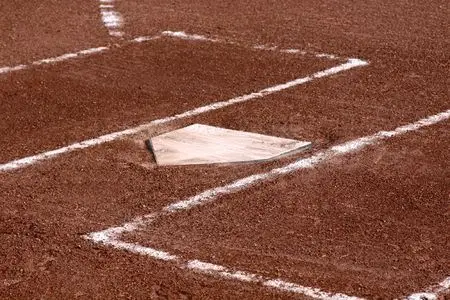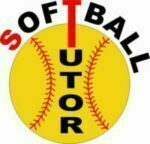
Batters at the plate need to do more than simply watch the ball. They need to be able to in real time assess where the ball is and where it is going in relation to the strike zone. When considering the softball strike zone, an important piece of information that each batter needs in order to use this information effectively is their strengths and weaknesses in relation to that zone. We all know that a batter needs to be able to get the balls in the strike zone, but having that additional information will certainly help. This can be found either during hitting practice or in the early years of the game when hitters should be trying to simply make contact with as many pitches as they can. Some may disagree with this philosophy however I believe that this is the way that new batters can get their hand eye coordination and develop into a hitter rather than someone who just gets on base. In order to be the best at the plate, they need this skill along with the ability to adapt to the situation either with the pitcher or the game.
Strengths and weaknesses at the plate may change over time. Most times the changes are good and actually broaden the opportunities for a solid hit. A hitter who is good at the outside pitch for example might be spending extra time with a machine or a practise pitcher and improve their abilities with the inside of the plate.
The Count:
Smart hitters will be very selective with a 0-0 count. At the higher levels a batter would only swing at the first pitch if it is in their zone. With younger players or with more recreational players, the count might be more flexible. If it is in the strike zone at all in this case, I recommend that hitters who are having a hard time hitting, should try to hit the pitch and at least make contact. With no balls or strikes on the batter, there is more leeway for errors. Once they have a strike they need to be more selective. At the higher levels, the batter needs to be more aggressive and increase their zone rather than narrow it. That is because, if they fail to hit it, they have two strikes and must become defensive.
The umpire’s strike zone will definately be a factor in the success of the batter. And the pitcher as well for that matter. The catcher will be a good person to talk to in that regard because she is the one that really sees the pitches more from the umpires view. You might also have some experience with the umpire and know from past games how he or she calls strikes and balls. It is never a good idea to argue with the umpire on this as it may backfire on the close calls. Some umpires will change their strike zone depending on the level of the game and sometimes the score. I do not agree with this but it can happen.
It takes practice and experience to develop a good “eye” at the plate. Without knowing the strike zone, it would be very difficult to be a good hitter. It is not a bad idea for players to spend some time watching pitchers who they are going to play against when they are at a tournament or just at the park. History of a pitcher and the hitteres own experience will also have an impact on decisions made at the plate. There are also game factors that are going to affect the strike zone.
Softball Strike Zone Considerations:
Following are some cues that the pitcher might have difficulty with control.
- she is throwing more balls than strikes
- she just hit a batter
- the situation is stressful
- bases are loaded with less than 2 out
- she is a relief pitcher with the first batter
- she appears to be tiring
- she seems to be aiming or trying too hard
- it’s her 2nd or third game of the day
In this case, the batter needs to be aware that there is a chance that the pitch is not going to be good. This information takes experience and a need for the batter to be paying attention when on offense even from the dugout. At the plate is not an effective time to be trying to figure this out. Some coaches will tell the batter not to swing until she gets a strike. I disagree because then the batter is being told that either she is not good enough to decide when to hit and she is not strong enough to get on base with a hit.
The bottom line is the batter needs to be aware, knowledgeable and confident at the plate. This comes with being a student of the game on defense and offense. Keep notes and even look at the pitchers scouting notes before games to get some idea of what the team will be facing.

